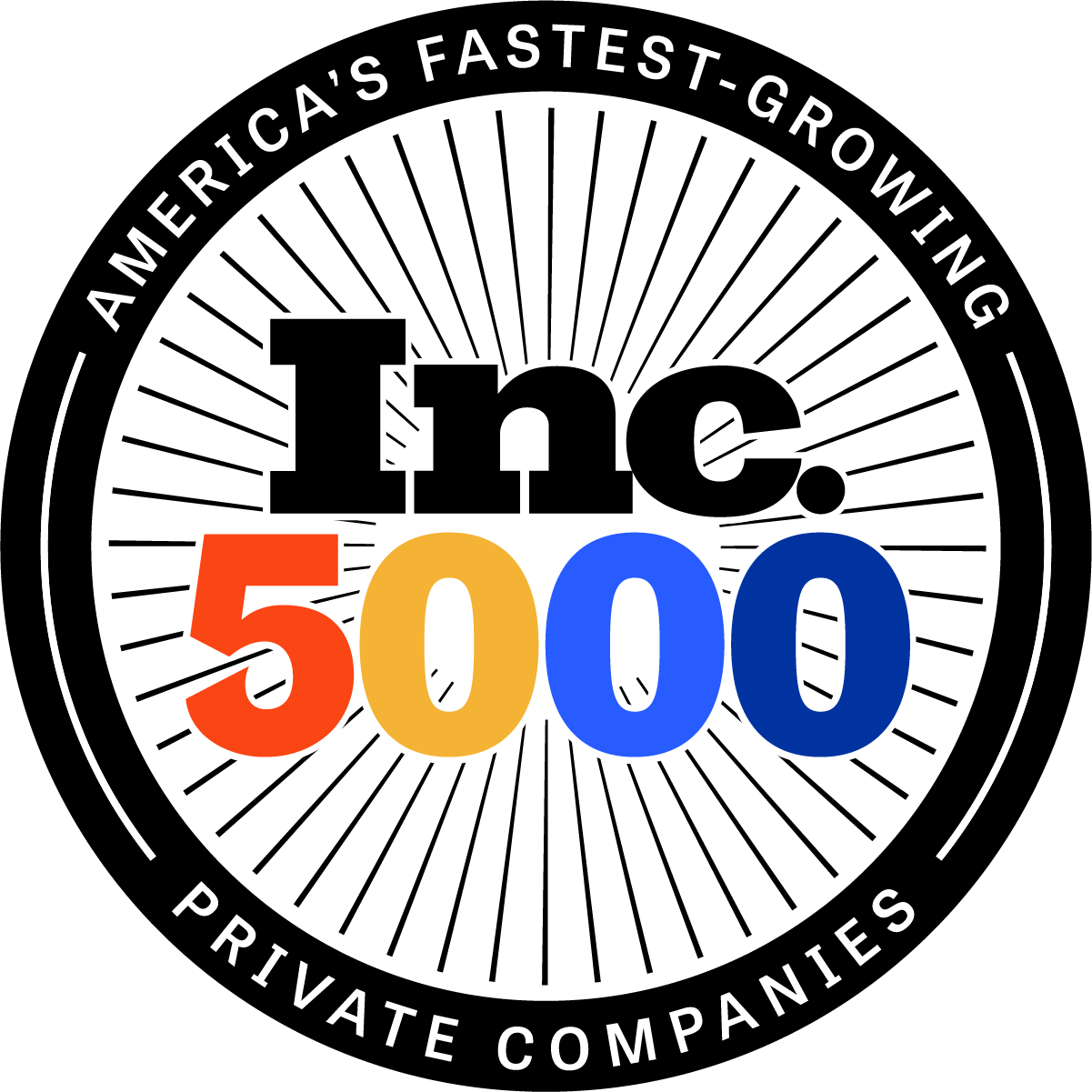Aspen Highlights & Updates
Aspen HR Launches Real-Time SMS Support – In a landscape increasingly dominated by automated AI bots and impersonal call center experiences, Aspen HR reinforces its commitment to personalized, high-touch assistance. Our new SMS Support empowers clients to engage directly with our expert team via text message, ensuring swift responses and resolutions within minutes! Read more about it here.
New HR Resources – We’re excited to share two new resources with you:
- HR Playbook for Growing by Acquisition: Considerations, pitfalls, and best practices to navigate the challenges of growing by acquisiton, along with an example approach to assess and implement changes.
- HR KPI Dashboard Template: Use this customizable template and build a comprehensive overview of your workforce and its impact on business performance and profitability.
To access these free downloads, click on the links above. You’re welcome to share the links with others who may benefit from them.
Industry Events – Aspen HR recently sponsored SMBash in Dallas, and attended DealMAX 2025 in Las Vegas. We were thrilled to connect with so many amazing people at these key industry events!
New Aspenites
Join us in welcoming several new Aspenites to our team!
- Courtney Cooper, Implementation Benefits Consultant
- Tiffany JeanBaptiste, Benefit Account Specialist
- Haley Pratt, Client HR Account Manager/HRBP
Partner Spotlight
Meet Remote, the Global HR Platform You Deserve – Aspen HR is excited to announce our partnership with Remote, the #1 global HR platform designed to help manage international workforces with ease and confidence. Remote offers three key payroll solutions:
- Employer of Record (EOR): Hire employees anywhere in the world without setting up a legal entity. Remote acts as your legal employer in over 70 countries, handling all local employment requirements.
- Contractor Management: Streamline invoicing and payments for freelancers across 150+ countries. Remote manages contract generation, compliance checks, and payments on your behalf.
- Global Payroll: Consolidate all payroll needs into one platform for your worldwide team, with expert local payroll support.

This collaboration is designed to streamline payroll processes for our clients, ensuring seamless and efficient management of international payroll operations. Remote’s innovative platform enhances accuracy and compliance in payroll processing by automatically handling tax calculations, deductions, and regulatory requirements. Additionally, Remote provides robust reporting and analytics tools, offering valuable insights into payroll operations.
By integrating Remote’s solutions, Aspen clients can enjoy the convenience of automated payroll management, freeing up time and resources to focus on strategic initiatives. For more information about Remote and how this partnership can benefit your business, please contact us.
HR and Legal Alerts!
Maryland Delays FAMLI Program – The Maryland General Assembly has passed legislation postponing the rollout of the state’s Family and Medical Leave Insurance (FAMLI) program. Under the new timeline:
- Payroll deductions will commence on January 1, 2027.
- Eligible employees can begin accessing leave benefits starting January 3, 2028.
This delay aims to provide additional preparation time for both employers and the Maryland Department of Labor. Employers should stay informed on forthcoming regulatory updates and adjust their implementation plans accordingly.
Missouri Earned Sick Time – On November 5, 2024, Missouri voters approved Proposition A, introducing significant changes to employment laws, including providing employees with paid sick leave.
Starting May 1, 2025, employees will accrue one hour of paid sick time for every 30 hours worked. Employers with fewer than 15 employees must provide up to 40 hours annually, while those with 15 or more employees must provide up to 56 hours. Employers were required to distribute written notices to employees by April 15, 2025 – you should have received the required written notice from your HR representative. Please notify us directly if you did not.
If you already offer a general PTO policy, it may satisfy the new law if it:
- Accrues at least at the required rate (1 hour per 30 hours),
- Provides at least the minimum annual amount,
- Allows usage for the reasons covered under the law (e.g., illness, care for family, domestic violence),
- Meets carryover and notice requirements.
Employers should review their current PTO policies to ensure compliance or consider creating a separate policy if needed. Aspen can assist with the review of your policy.
However, the law’s future is uncertain due to a pending legal challenge before the Missouri Supreme Court, and the Missouri General Assembly, which aims to repeal the PST requirements. If enacted, the repeal would not take effect until late August 2025, potentially requiring employers to comply with the PST provisions from May through August. We will continue to monitor the legal challenges.
California New Rules on AI Usage in Employment Decisions – On March 21, 2025, California’s Civil Rights Department approved regulations governing the use of Automated-Decision Systems (ADS) in employment. Pending final approval, these rules are expected to take effect on July 1, 2025. Key provisions include:
- Definition of ADS: ADS are defined as computational processes that make or assist decisions regarding employment benefits, encompassing tools like resume screeners and predictive assessments.
- Prohibition of Discriminatory ADS: Employers are prohibited from using ADS that result in discrimination based on protected characteristics. Evidence of bias testing or its absence may be relevant in discrimination claims.
- Expanded Liability: Third-party vendors and developers of ADS may be held liable if their tools contribute to discriminatory practices.
- Recordkeeping Requirements: Employers must retain employment and ADS-related records for four years.
Employers utilizing AI-driven tools in HR processes should review these regulations to ensure compliance and mitigate potential legal risks.
Wyoming Bans Non-Compete Agreements for Most Employees – Wyoming has enacted a new law that bans non-compete agreements for most employees, effective July 1, 2025. Any agreement that restricts an individual from engaging in a lawful profession, trade, or business after employment will be considered void—with a few exceptions.
Key Details:
- Not Retroactive: The law applies only to agreements entered into on or after July 1, 2025. Agreements signed prior
to that date remain subject to existing law. - Exceptions: Non-competes are still allowed:
◦ In connection with the sale of a business
◦ For select executive or management-level employees - Non-Solicitation Clauses: The law does not prohibit non-solicitation agreements, meaning employers maycontinue to restrict former employees from soliciting clients, customers, or co-workers—subject to general reasonableness standards.
Virginia Update to Non-Compete Rules – Effective July 1, 2025, Virginia will prohibit employers from entering into, enforcing, or threatening to enforce non-compete agreements with employees who are eligible for overtime pay, regardless of their earnings level. This amendment broadens the existing ban, which previously applied only to “low-wage employees” earning less than the state’s average weekly wage.
Key Points:
- Overtime Eligibility: The prohibition now includes all employees entitled to overtime compensation under the Fair Labor Standards Act (FLSA), expanding the scope beyond the prior earnings-based threshold.
- Existing Agreements: Non-compete agreements entered into before July 1, 2025, remain enforceable if they comply with existing laws.
- Exceptions: Employees whose earnings are predominantly from commissions, incentives, or bonuses may still be subject to non-compete agreements.
- Enforcement and Penalties: Employees can file lawsuits to invalidate prohibited non-compete agreements. Employers found in violation may be liable for liquidated damages, lost wages, attorneys’ fees, and civil penalties up to $10,000 per violation.
Employers should review and update their employment agreements to ensure compliance with the new law.
Have questions? Don’t hesitate to contact our team.







